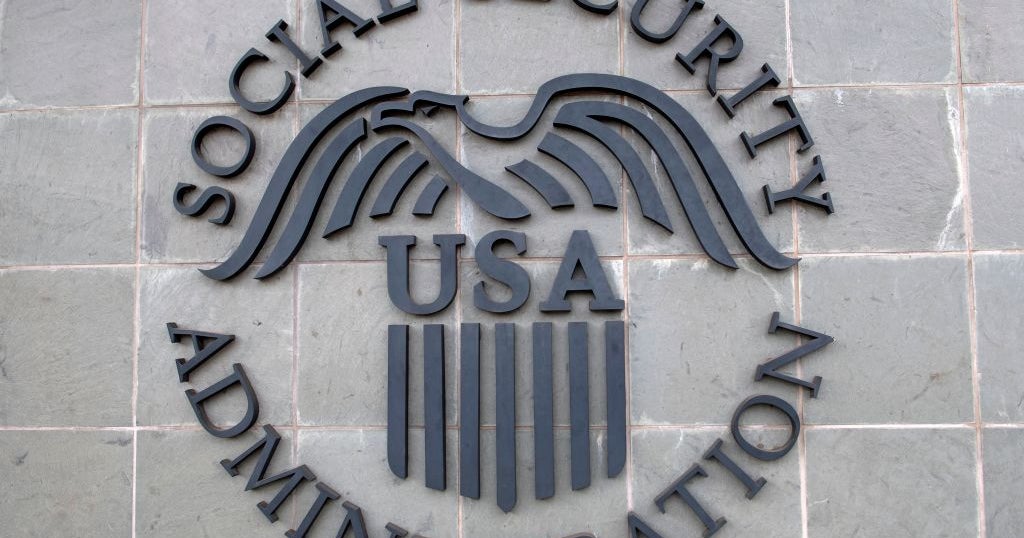In a startling development that has shaken the corridors of the Social Security Administration (SSA), Charles Borges, the agency’s Chief Data Officer, tendered his resignation last Friday. His departure came just days after he lodged a whistleblower complaint, accusing employees from the Department of Government Efficiency (DOGE) of handling sensitive national data irresponsibly. According to Borges, these employees allegedly transferred the entirety of the country’s Social Security data into a cloud environment he deemed insecure.
The implications of Borges’ allegations are severe, touching on the security and privacy of millions of Americans’ personal information. His whistleblower complaint, represented legally by the Government Accountability Project, has sparked a contentious debate over the safety measures in place within federal data management systems.
The Social Security Administration has publicly contradicted Borges’ accusations. In a statement, an SSA spokesperson asserted that the data in question was securely “walled off” from the internet, implying that the information was still safeguarded despite Borges’ claims. The agency maintained it was unaware of any breach or compromise to the said environment.
Prior to his resignation, legal and bureaucratic skirmishes at higher levels of government highlighted the sensitivity of the situation. In June, the U.S. Supreme Court intervened, lifting a lower court’s injunction that had temporarily blocked DOGE’s access to sensitive Social Security data. This legal battle commenced after two labor unions alongside an advocacy group raised concerns that granting DOGE such access contravened the Privacy Act and a specific federal statute aimed at protecting personal data. Despite these protests, the high court’s decision effectively allowed DOGE to proceed with accessing the information.
This chain of events led to Borges’ dramatic exit from the SSA. In his resignation letter addressed to SSA Commissioner Frank Bisignano, Borges described his resignation as involuntary. He cited actions by the SSA which he felt made his responsibilities “impossible to perform legally and ethically,” a scenario he referred to as “constructive discharge.” Borges elaborated that since raising his initial concerns internally, he experienced retaliation manifesting as exclusion, isolation, and a palpable workplace culture of fear and hostility.
Borges’ grievances didn’t stop there. He highlighted what he perceived as problematic shifts in leadership within the SSA’s IT and executive branches. According to him, these changes brought about a “culture of panic and dread,” characterized by opaque management practices and discussions frequently centered around employee terminations. Borges claimed his attempts to gain clarity on these issues were consistently disregarded or outright ignored by the SSA leadership.
Andrea Meza, an attorney from the Government Accountability Project representing Borges, corroborated his sentiments in a public statement. She confirmed that Borges felt he could no longer continue his tenure at the SSA in good conscience, adhering to the ethical standards he held himself to, given the alarming practices he witnessed.
Charles Borges’ professional journey prior to this controversial resignation was marked by key positions that underline his expertise in data management and government operations. Since January, he held the position of SSA’s Chief Data Officer. His resume also includes significant stints at the Centers for Disease Control and Prevention, and he was appointed a White House Presidential Innovation Fellow during the Biden administration. His earlier roles included assignments at the Naval Air Warfare Center Aircraft Division and the Naval Air Systems Command.
Following his resignation, Borges took to LinkedIn, reflecting on his decision, emphasizing the significance of adhering to moral and ethical standards, both personally and professionally.
As the narrative around Borges’ resignation unfolds, the SSA has refrained from providing detailed comments on this personnel matter. The agency’s reticence adds another layer of complexity to an issue that already involves severe allegations related to the handling of national data, legal battles reaching the highest court, and claimed retaliation against a senior official raising concerns over possible data vulnerabilities.
This episode poses critical questions about data security practices, oversight, and the overall environment within federal agencies tasked with handling sensitive information. As Borges seeks further recourse through appropriate oversight bodies and maintains communication with his legal team, the scenario leaves the public and stakeholders awaiting further developments in what promises to be a continuing saga of legal, ethical, and procedural ramifications.









